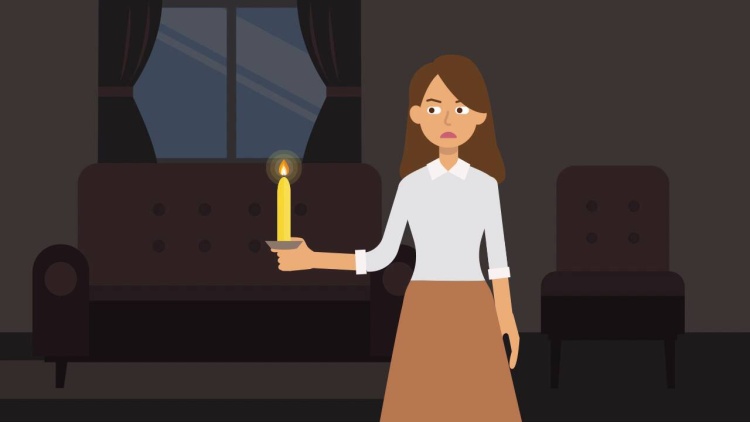Jackson v. Metropolitan Edison Co.
United States Supreme Court
419 U.S. 345, 95 S. Ct. 449, 42 L. Ed. 2D 477 (1974)
- Written by Megan Petersen, JD
Facts
Metropolitan Edison Co. (Edison) (defendant) was a privately owned and operated electricity company that was authorized by the Pennsylvania Public Utility Commission (commission) to deliver electricity to York, Pennsylvania, and surrounding areas. It was subject to extensive regulation by the commission and was granted approval by the commission to discontinue service to any customer on reasonable nonpayment of bills. Catherine Jackson (plaintiff) was a resident of York and customer of Edison. She defaulted on her bill payments and had her service disconnected but convinced Edison to reinstate it under the name of James Dodson, another resident in her home. However, when Dodson moved out of the home and Jackson continued to default on the payments, Edison visited the premises and attempted to collect payment. Jackson requested that the service be reinstated under another name, which Edison later discovered was that of her 12-year-old son. Edison disconnected Jackson’s service four days later with no other notice. Jackson brought suit in district court alleging that under the Due Process Clause of the Fourteenth Amendment, she could not be deprived of electricity service without adequate notice and a hearing before an impartial body. The district court dismissed the case because it found no state action present, and the court of appeals affirmed. The United States Supreme Court granted certiorari.
Rule of Law
Issue
Holding and Reasoning (Rehnquist, J.)
Dissent (Brennan, J.)
Dissent (Douglas, J.)
Dissent (Marshall, J.)
What to do next…
Here's why 904,000 law students have relied on our case briefs:
- Written by law professors and practitioners, not other law students. 47,100 briefs, keyed to 995 casebooks. Top-notch customer support.
- The right amount of information, includes the facts, issues, rule of law, holding and reasoning, and any concurrences and dissents.
- Access in your classes, works on your mobile and tablet. Massive library of related video lessons and high quality multiple-choice questions.
- Easy to use, uniform format for every case brief. Written in plain English, not in legalese. Our briefs summarize and simplify; they don’t just repeat the court’s language.





